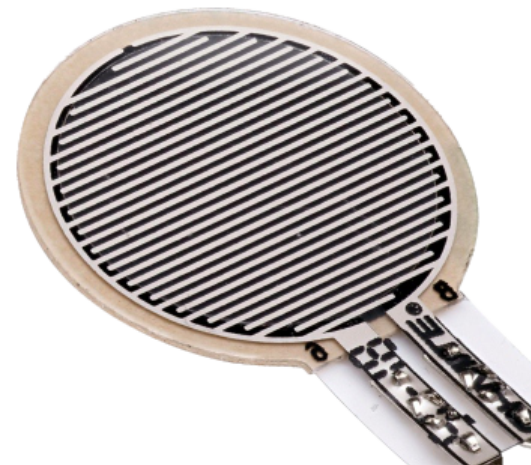×


A Force Sensing Resistor (FSR) is a variable resistor made up of several thin, flexible layers. Its resistance changes when pressure is applied and returns to its original value once the pressure is released. Also known as Force Sensitive Resistors or Force Sensors, FSRs decrease in resistance under pressure. The primary function of an FSR is to measure the force applied to a specific area and transmit this information to external electronic circuits. All FSRs are manufactured using high-resistance, carbon-based inks, which can be reformulated along with other design elements to adjust their performance and functionality.
Force sensing resistors is an emerging technology that has grown with an increased demand for wearable electronics and other devices. As these devices are very thin and lightweight, the need for such devices increases.
There is a wide range of applications for force sensing resistors. This is because of their thin and flexible nature, and the ease with which they can be integrated into various substrates.
In order to tailor print solutions according to your specific needs, our team use their knowledge, research as well as development at the interface between science and industry.
Our R&D team has a solid understanding of the materials, processes and printing
